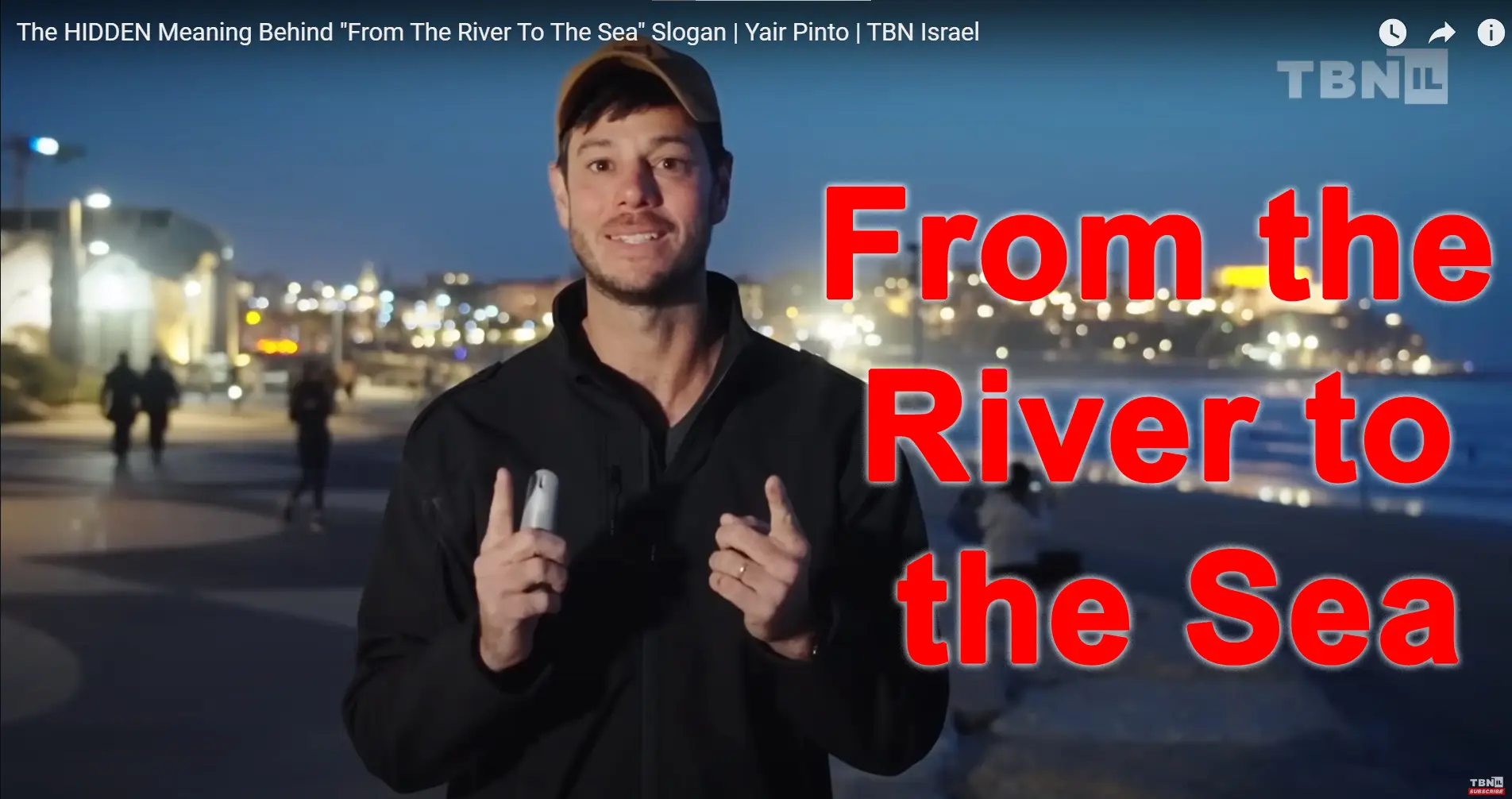The Divisive Phrase
The phrase “from the river to the sea” has become a rallying cry for Palestinian activists, representing their aspiration for a unified, independent state spanning from the Jordan River to the Mediterranean Sea. However, this slogan has ignited global controversy due to its perceived implications of eliminating the Jewish state of Israel.
Conflicting Interpretations
For many Palestinians, the statement symbolizes the right of return to their ancestral lands and the establishment of a sovereign Palestinian state encompassing Gaza, the West Bank, and East Jerusalem. Conversely, Israeli and Jewish communities interpret it as a call for the destruction of Israel and the subjugation or expulsion of its Jewish population.
Historical Origins
The slogan gained prominence in the 1960s when the Palestinian Liberation Organization (PLO) officially adopted it as part of their charter, asserting their “national ambition” for sovereignty over the entire territory. Its popularity further intensified with the founding of Hamas, a militant group explicitly rejecting any alternative to the “full and complete liberation of Palestine from the river to the sea.”
Ignorance and Misinformation
Interestingly, a study revealed that many supporters of the slogan lacked basic knowledge about the geographical references, with some confusing the Jordan River and Mediterranean Sea with other bodies of water. Additionally, a significant portion were unaware of the implications of subjugating or expelling millions of Jews and Israeli Arabs, causing many to reconsider their stance upon learning the facts.
Conclusion
The divisive nature of the “from the river to the sea” slogan stems from its conflicting interpretations and the lack of understanding surrounding its historical context and potential consequences. While it represents aspirations for Palestinian statehood to some, it is perceived as a threat to Israel’s existence by others, highlighting the need for open dialogue and mutual understanding to resolve this longstanding conflict.




